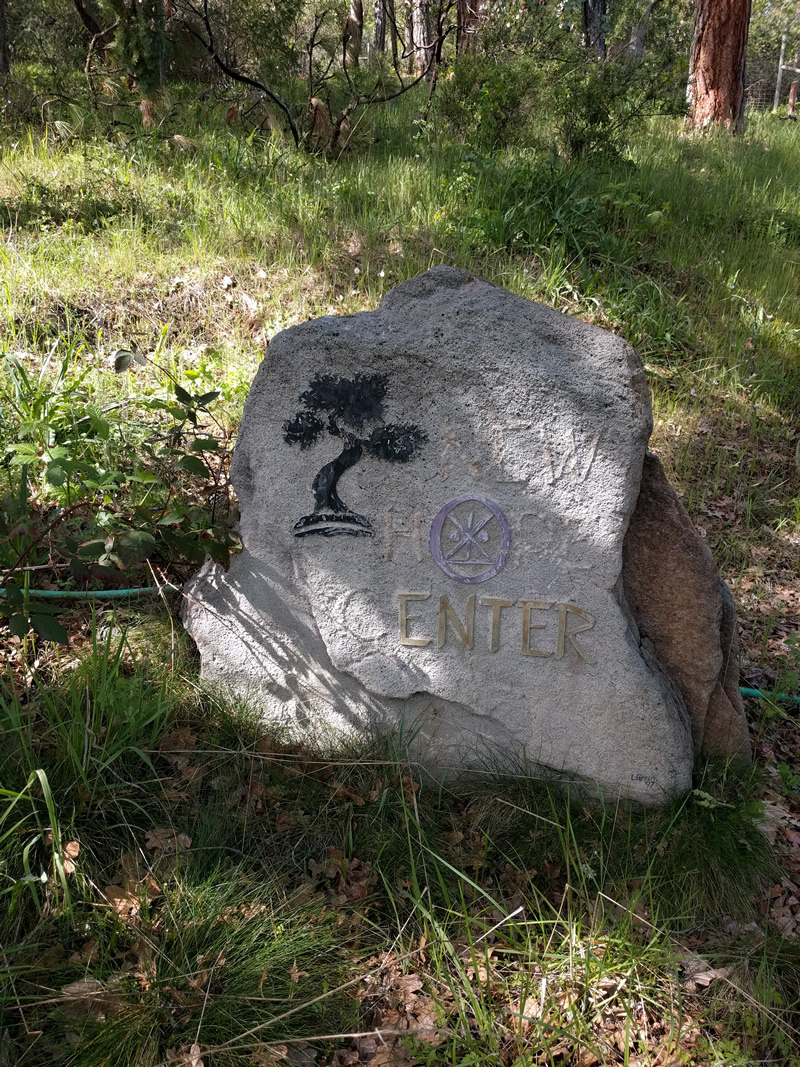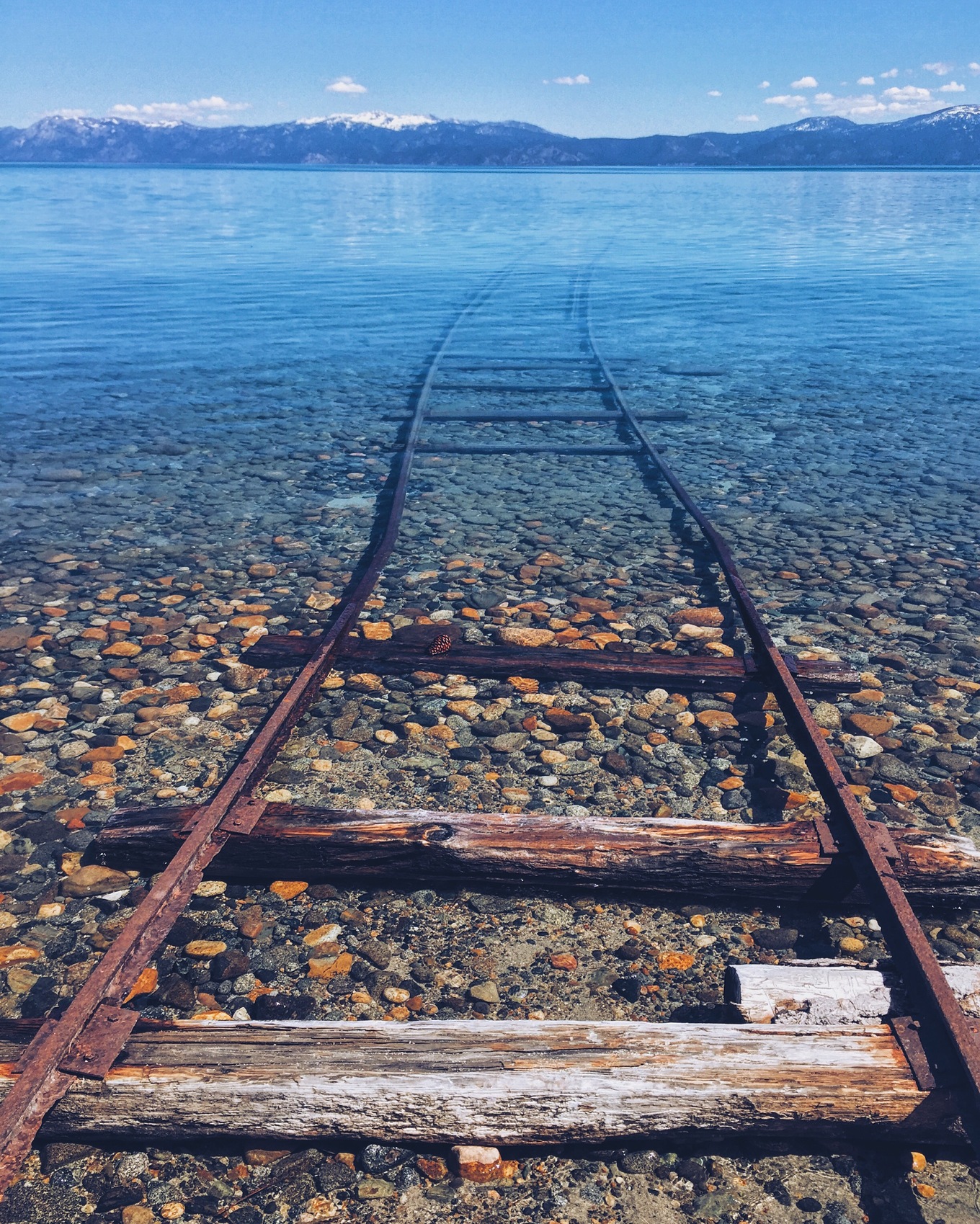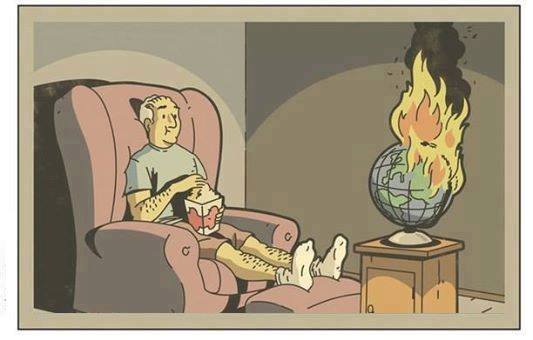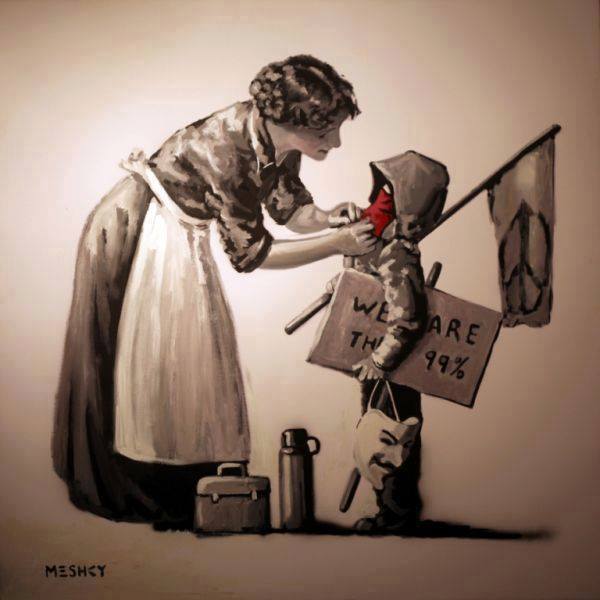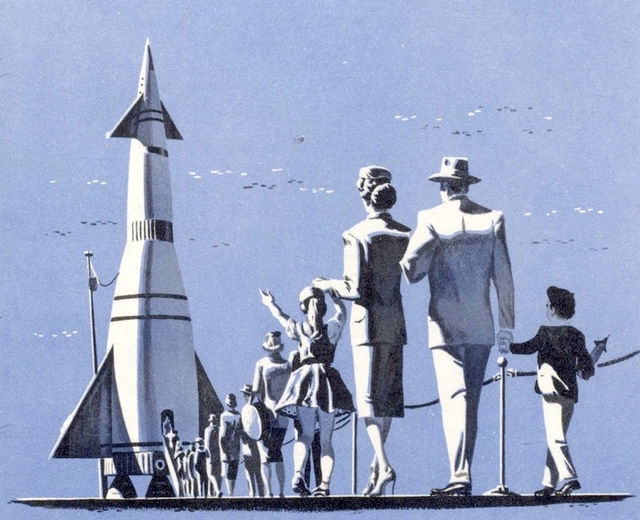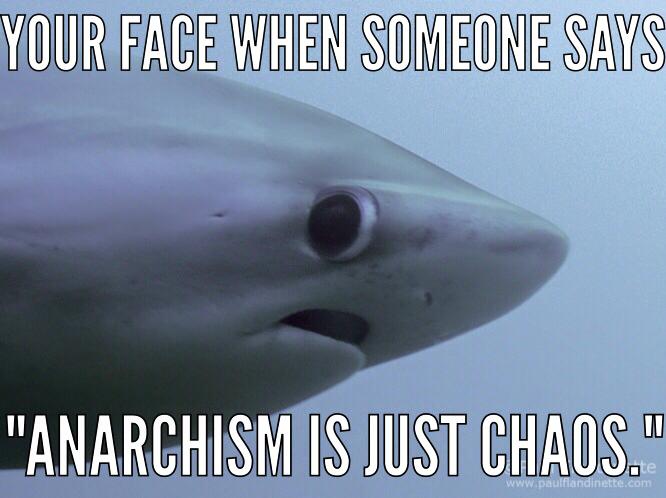
I haven’t been blogging much lately. I’ve been feeling pretty low and unexcited about the anarchist space but didn’t want to devote much energy to complaining about it. I feel a bit better now. I participated in the 2015 NAASN gathering. I was motivated by Tom Nomad and his idea to discuss three perspectives on the role of anarchists in social movements. Tom, Doug and I gave presentations. I’ve attached the schedule and descriptions here.
NAASN2015-Preliminary-Program
Here is my presentation (more or less as a transcript). Enjoy!
Am I a pessimist?
so the first thing I want to say is that this panel (there are a couple others but very few this weekend) are sort of outside of the tradition of anarchist studies. to me, this is a good way to start thinking about what pessimism means.
I actually disagree with the premise (this is my habit, of course), I disagree with the premise of the question. So I’m here to represent the pessimistic, in this question, but I disagree with the premise. But to extend that a little, for me the pessimistic orientation, which I mostly do see as a modern, youth perspective… a pessimistic perspective sits on the outside as an observer, is disempowered, and sort of whines about how things are going, how shitty everything is, and how shitty everyone is. That’s the pessimistic position.
I would like to believe that I don’t do that at all. That my projects by and large (specifically Little Black Cart, but also certain web projects I do) has me absolutely engaged with the things that are happening around me and with this thing that I love, which I call anarchism.
I mention that because within the anarchist studies context, there is a quiet consensus that anarchism is a class-struggle perspective, and that anarchism is collegiate (because many of the people who are involved in anarchist studies together know that they will be seeing each other in sociology conferences, and what not, in the future; to some extent this is a wading pool for their bigger academic life, which—if they’re successful—they’ll actually have). so when you see the list of all the names, there’s a surprisingly small fraction of speakers who are outside of that tradition. One of the terms used to dismissively refer to these [outside-of-the-academic-tradition] people is “organic intellectuals;” and I guess i’m one of them.
I’m going to give a presentation from some notes that I wrote down, but I want to be cautious, because I know I’m liable to flights of fancy where people might not get the things I reference and could get confused. So I know that i’m somewhat notoriously incomprehensible. I apologize for that ahead of time and I’ll try to fill in a lot here, to make it clear what I’m trying to get at.
I’m here to represent the position with the absolute worst marketing in all of anarchism or even radical politics. I wish I could just blame bob black for this (which of course I can), but the amount of vitriol piled onto what is perceived to be my position is in absolute contrast to common sense. Whether you call it post left, anti left, anti organizational, anti civilization, or nihilist anarchy, it’s reviled from Bookchin to Zerzan. But at the end of the day, it is the anarchist position. It is an approach of utter hostility to the existing order, and or revulsion to most successful approaches to changing the world.
(That’s pretty clear.)
Where my position differs from my comrades here today is that I am not only opposed to successful approaches to changing the world–ie state communists, capitalists, technocrat– i’m also against failed approaches to changing the world. Every time I hear the word revolution, especially as it’s used by the class-struggle and struggle-struggle-all-the-time-strugglismos, what I perceive are plaintive wails of a failed secular crusade against the infidels.
Jesus
To put this in some context, I think I, like many of you, began being a radical in the shadow of what felt like a very structured arrangement. Like, “Spain is the high point of anarchist struggle,” “things have gotten better over time” (so, a progressive story about history), and over time when I stopped thinking of these accepted premises as true, and started to think about what they meant, what they assumed, I found that there were fewer and fewer answers the further I went down this rabbit hole. So not to simplify too much, but one of the history of ideas that I think is absolutely to think about in the context of anarchism (this is actually talked about a lot in a book called Anti-Nietzsche, by Bell—he’s a marxist scholar who attempts to revile Nietzsche from a Marxist perspective but makes an interesting point that may be valid), the first rebels were the rebels who contemplated the possibility that there might not be a God. Sorry, let me make the big clarification, the first rebels in the western tradition, the tradition that most of us in this room are locked into. So the first rebellion was even opening up the idea that God wasn’t this omnipotent, singular, reflection. So it was only later that sort of sub-Gods began to be of concern; so what we now say is that anarchism is against capitalism and the state. That’s a later formation. The original heresy in the western tradition is just to be against God. This is because the western tradition at its very core is a christian, religious, judeo-christian formation. The way we think about logic, history, the progress of history, the way we metaphysically place ourselves in the universe, has an entire christian pedagogical terrain. And I think it’s fair to say that anarchism does the same thing, in almost all its iterations.
Last night there was a very nice presentation about anarcho-pacifism that left out the Jesus… but there’s plenty of Jesus in anarcho-pacifism. To me the striking thing is that in all the beautiful flourishes that we all cheer along to, from the stories that we heard last night, almost all those stories begin and end with a narrative that looks like salvation by way of revolution.
So the reason that I question the premise that i’m a pessimist is because I question the premise that a revolution will save us, that the french revolution model of transforming society and social relationships—not only whether or not it’s valid but whether or not it’s… the toolset is incomplete. And that’s entirely putting aside the fact that the western model and the western gaze here doesn’t describe much more than 25% of the world. It just happens to be the winning 25%, at least as we understand it today.
So there’s the context.
Savages
As for the rest of us, the dirty savages of daily life… we labor in silence, fully aware that we are not the future managers of society. We are not necessary or considered in regards to how to feed and water the masses. We’re nto invited to the organizational meetings, or the fashionable equivalents in the 21st century, sex parties, how to set up a commune or whatever, we scrape and scrabble merely to survive. So let me restate my premise in reference to our current impasse (an impasse referred to in the original text, something of what tom was talking about). In days of yore, we believed in the spirits of rocks, trees, lakes around us. Our deities were human-sized, and we had personal relationships with them, as is normal when the frame of your reference is small and human-sized. Eventually our deities organized themselves and found heroes, stories, morality. This was a nightmare because it grew our frame of reference outside the band, into a gang, and bullies started to find themselves. The rest of us suffered. Finally these pantheons had it out with one another, and ended up in really large stories, universal stories that raged across continents, cutting people down like trees, and forcing many of us to fight for their flags and holy trinities.
Lucky for some, at some point someone came up with a better version of this story, that spun fire and brimstone into inside heating and iphones. This modern story is one that agrees on all levels with the universal monotheistic religion, but calls it something else, humanity let’s say. It convinces because it has better songs, FM radio, and shit, but perhaps has made some sort of back room deal with monotheism, because the two don’t seem to squabble at all in public at this point. But from the perspective of an anarchist, those who fight for one are identical in every way to those who fight for jesus and would hand infidels from the walls of the city (except for terminology and a decided lack of passion… growing less as times goes on).
So stop wasting your time, fellow anarchists, with a failed modernist strategy of a crusade against society in all its forms. There is no path from here to there. Anyone who tells you differently is selling you an ideology, full stop. The things we should be doing together and apart is to create anarchic moments of our own, not merely in the reflection of cops’ riot masks, but in the interstitial spaces of a totalizing world that aspires to fill more and more of the spaces between us. If one aspires to activism, it should in growing and developing those interstitial spaces rather than defending spaces that are long gone.
The point is no longer to fight against symbols of bad as a solution to a world gone bad, but to fight as a matter of affect, to create a loving hostility, that’s the only thing that anarchy can be today.
